Early Thursday morning the Texas House approved SB2, a bill that would create a $1 billion private school voucher program in Texas.
Students who participate in the program may be able to receive over $10,000 from public taxpayer dollars to attend private schools. The current basic-allotment for public school students is $6,160.
Every Democrat voted against SB2, with only two Republicans joining them passing with a 85-63 vote.
Vouchers were first proposed in Texas in 1957, as a response to the Brown v. Board of Education decision, which ruled that racial segregation in schools is unconstitutional. After this decision, vouchers were envisioned as a way to allow parents who were against integration to send their children to segregated private schools. The approval of SB2 marks the first time since 1957 that the Texas legislature is allowing public funds to be used towards private education.
Back then, according to University of Texas at San Antonio historian Gregg Michel, the state legislature was controlled by Democrats committed to preserving school segregation in the wake of the Brown v. Board of Education Supreme Court decision in 1954. In 1956, Gov. Allan Shivers appointed a committee to come up with ways to prevent desegregation; the voucher system was among those ideas included in the package of segregation bills passed by the Texas House in 1957.
Back then, a small group of state senators managed to stop the bill’s progress in the Senate. Among them was San Antonio’s Henry B. Gonzalez, Texas’s first Latino state senator, and Laredo’s AbBraham “Chick” Kazen, the son of Lebanese immigrants. They led the group in a 36-hour filibuster; Gonzalez spoked for more than 20 hours alone. The filibuster left the segregationist senators powerless to make vouchers happen.
Fast forward to November 2023 when bipartisan resistance to vouchers in the House led to the defeat of vouchers when they were removed from an education spending bill. After the voucher proposal was killed, Gov. Abbott and other Republicans ramped up their efforts to gain House approval, efforts that paid off this morning. A key component of Abbott’s strategy was to target Republicans who voted against vouchers by supporting pro-voucher candidates in the 2024 primaries. That strategy paid huge dividends when Abbott and his allies successfully replaced 11 of 15 anti-voucher Republicans with pro-voucher allies.
“For the first time in Texas history, our state has passed a universal school choice bill out of both chambers in the Texas Legislature,” Governor Abbott said in a public statement. “This is an extraordinary victory for the thousands of parents who have advocated for more choices when it comes to the education of their children.”
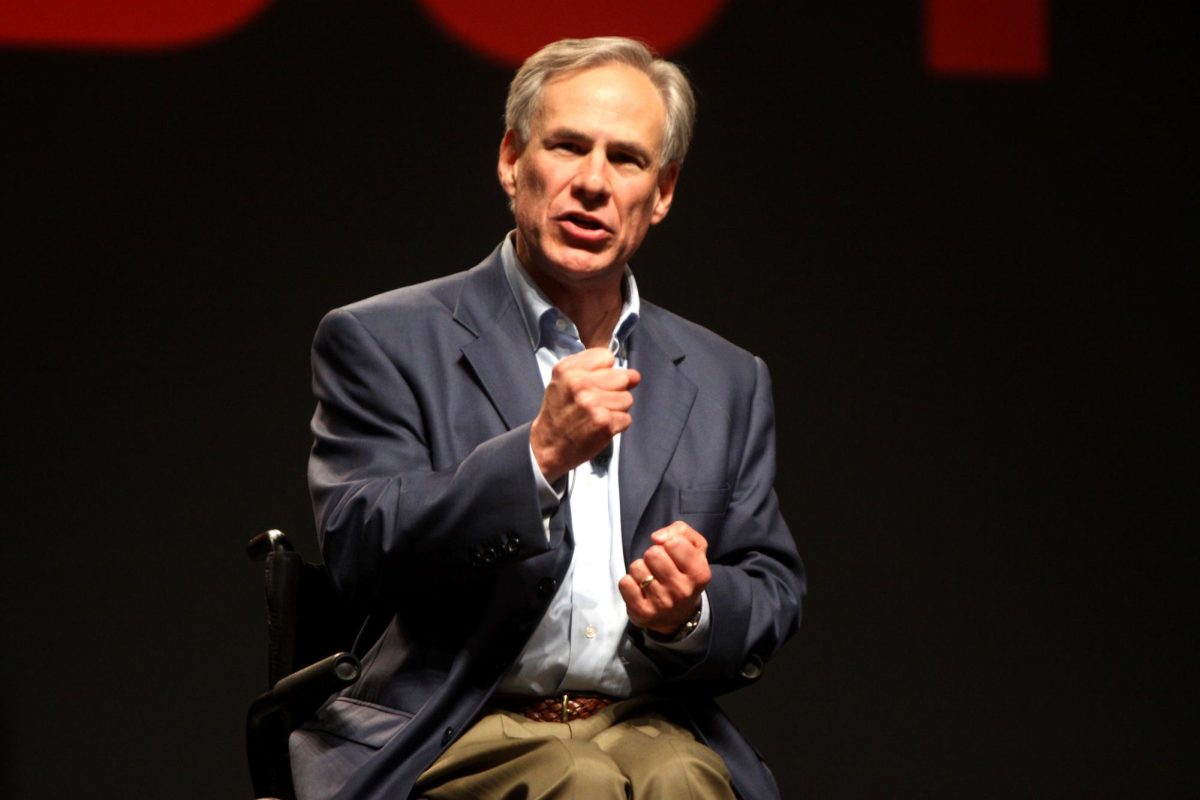
After earning House approval, the bill will head to the Senate where members from both chambers will work to create a final version of the bill because the Senate and House have two different versions of the bill.
“I applaud the legislators who took a stand with the overwhelming majority of Texans who support school choice,” Abbott said. “When it reaches my desk, I will swiftly sign this bill into law, creating the largest day-one school choice program in the nation and putting Texas on a pathway to becoming the best state in America for educating our kids.”
Republican Rep. Brad Buckley, author of the bill, spoke to the chamber before it went up for a vote.
“Today you have an incredible opportunity to do what’s important for Texas and that’s to provide historic funding for your public schools but also to provide parents with another tool in their toolbox to make sure that their kids receive the best education policy,” he said. “This is a good day for Texas and a good day for Texas families and I am honored to stand before you for a very long time today.”
The historic funding that Buckley mentioned came from HB2 which was passed Wednesday evening. Although a step in the right direction for public school funding, the increase was seen as not enough for many public school advocates like 2017 McCallum graduate Grace Bonilla, a member of the interfaith advocacy group Texas Impact. Moreoever, Bonilla said that SB2 and the voucher program it will create will counteract the funding increase for public schools in HB2.
“SB 2 will unfortunately take necessary funds away from already struggling public schools,” she said. “Public schools received a $395 basic allotment increase when it needed to be $1,400. If students leave public schools, money leaves with them. Our school finance system works on a per-student formula, and if those students leave, the schools will be working with less money on their already underfunded budget.”
During debates Democrats voiced their concern for possible discrimination that can happen in private schools, discrimination that they say contradicts the notion forwarded by Republicans that vouchers give all students real school choice. In fact, they argued, vouchers make it harder for some students than others to pursue private school education. Amendments aimed at addressing this potential inequality were all tabled.
“I have fears that parents will sign up for an Education Savings Account for their disabled child, and he or she will never get into a private school because of their disability,” Bonilla said. “Private schools don’t have to accommodate every child, but they are getting our taxpayer money. The same money that should go to our public schools to fully fund special education, ESL programs and facility operations. Our taxpayer money should not be going to unaccountable private organizations.”
Bonilla watched the entire House floor debate from start to finish.
“It was hard to watch at times,” she said. “All of the amendments were tabled, and no representatives got to vote directly on any of them. The only amendment that passed was the perfecting amendment by bill author Chairman Buckley.”
As amendment after amendment were tabled Bonilla began to notice a trend.
“Every amendment was almost an exact party-line vote,” she said. “The GOP caucus met with Gov. Abbott and President Trump (via telephone) yesterday morning to support their fight for school choice. Because of that, we saw the Republican party representatives vote and move in a very uniform manner the entire night.”
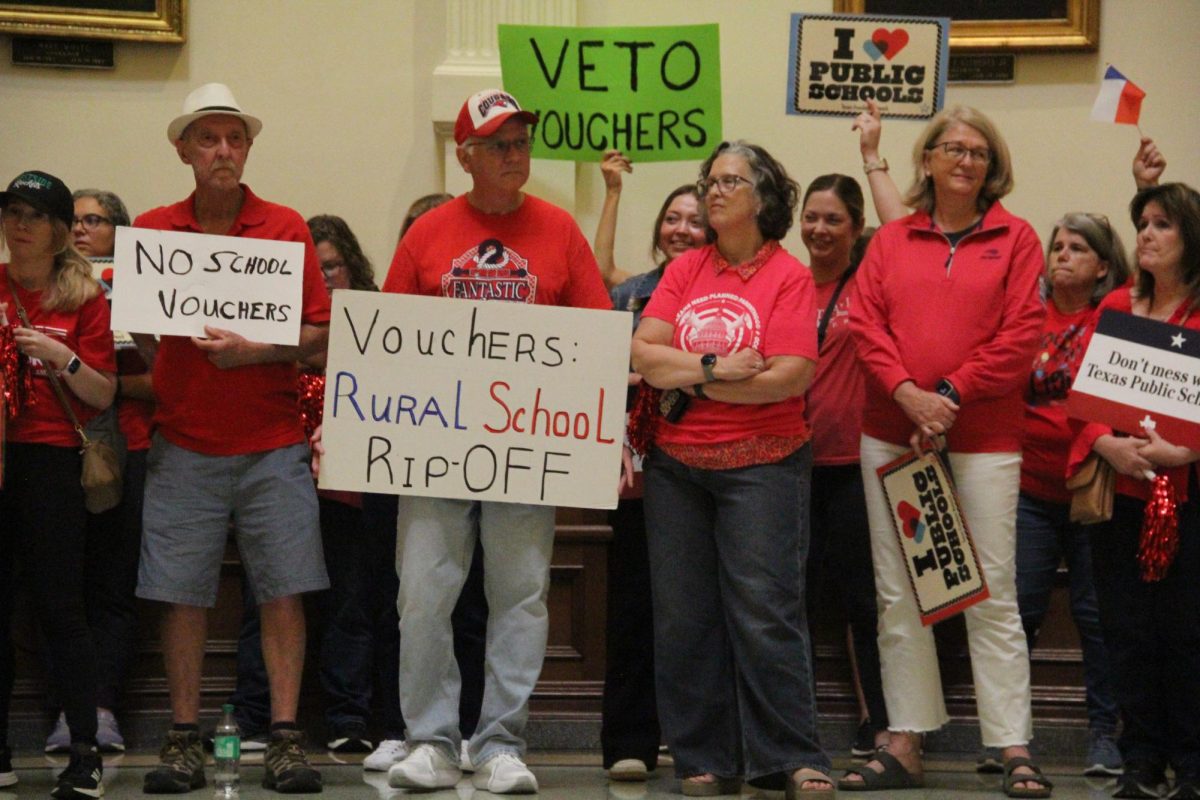
President Donald Trump posted his reaction to the House approval on Truth Social.
“Congratulations to my friends, Governor Greg Abbott, Lieutenant Governor Dan Patrick, and Speaker Dustin Burrows, along with Texas Legislators, for finally passing SCHOOL CHOICE, which I strongly endorsed – this is a gigantic Victory for students and parents in the Great State of Texas!,” he said. “We will very soon be sending Education BACK TO ALL THE STATES, where it belongs. It is our goal to bring Education in the United States to the highest level, one that it has never attained before. MAKE AMERICA GREAT AGAIN!”
Republican Rep. Ellen Troxclair, who represents four counties west of Austin and north of San Antonio plus western Travis County and who voted for SB2, spoke in the House chamber about the bill that she believes will be a “lifeline” for many students.
“Parents have been waiting for this day for decades in Texas,” she said. “Too many of our students, especially our low income students and minority students are trapped in schools that are failing them. Not because they lack potential but because they lack opportunity. The current system is designed to keep them there. But this bill will give them a lifeline. This bill will give them a chance.”
She then continued to explain why she believes SB2 is a necessary law to pass.
“We know that we are spending over $15,000 per child per year in our public schools and yet almost 70% of our third grade Texas children cannot read on grade level,” she said.” We cannot be doing the same thing and expect a different result. And finally today we are doing something different, and I am so honored and thrilled to be a part of that opportunity for every child in Texas to finally have access to the excellent education that they deserve.”
Rep. Gene Wu, D-Houston, shared his frustration with the passing of the bill and the lack of accountability he alleges Republicans have shown for the criticisms that they levy at public schools.
“And you know why academic performance is so low in Texas?,” he said. “Could it have anything to do with the 30 years of Republican control, slowly and systematically defunding our public school system bit by bit? It should not be any surprise that the people who complain about the school system, complain about how bad things are, complain about all the problems are also the people who have been in absolute control of this state for 30 years. Complaining about a problem that you helped create.”
Wu referenced the strong bipartisan support the Democrats received from Republicans in 2023 that stopped vouchers from being passed. In November 2023, 24 Republicans voted against the bill and Governor Abbott then persuaded voters to target 15 of those representatives in the 2024 Republican primaries. Eleven of those were defeated and replaced by pro-voucher allies of Abbott and Lt. Gov. Dan Patrick.
“Those people who stood up last time are true Texas heroes,” Wu said. “They defended their communities, did what the people wanted despite the pressures from their donors, despite the pressure from their colleagues, despite the pressure from the lieutenant governor, despite the pressure from the governor, they stood and defended their communities. I don’t know what happened to them.”
Wu then spoke to Texans, telling them that he believes the members that are passing this law “greatly endanger” public schools.
“Our schools are already hanging on by a thread,” he said. “The money that would go to this program would have gone to our public schools, would have given our teachers a bigger pay raise, would have kept more schools open, would have made classrooms smaller. They don’t care. They’re scared of the governor.”
Up next the House and Senate will discuss and decide the final version of the bill. Once that is finalized it will be sent to the governor’s desk to be signed.



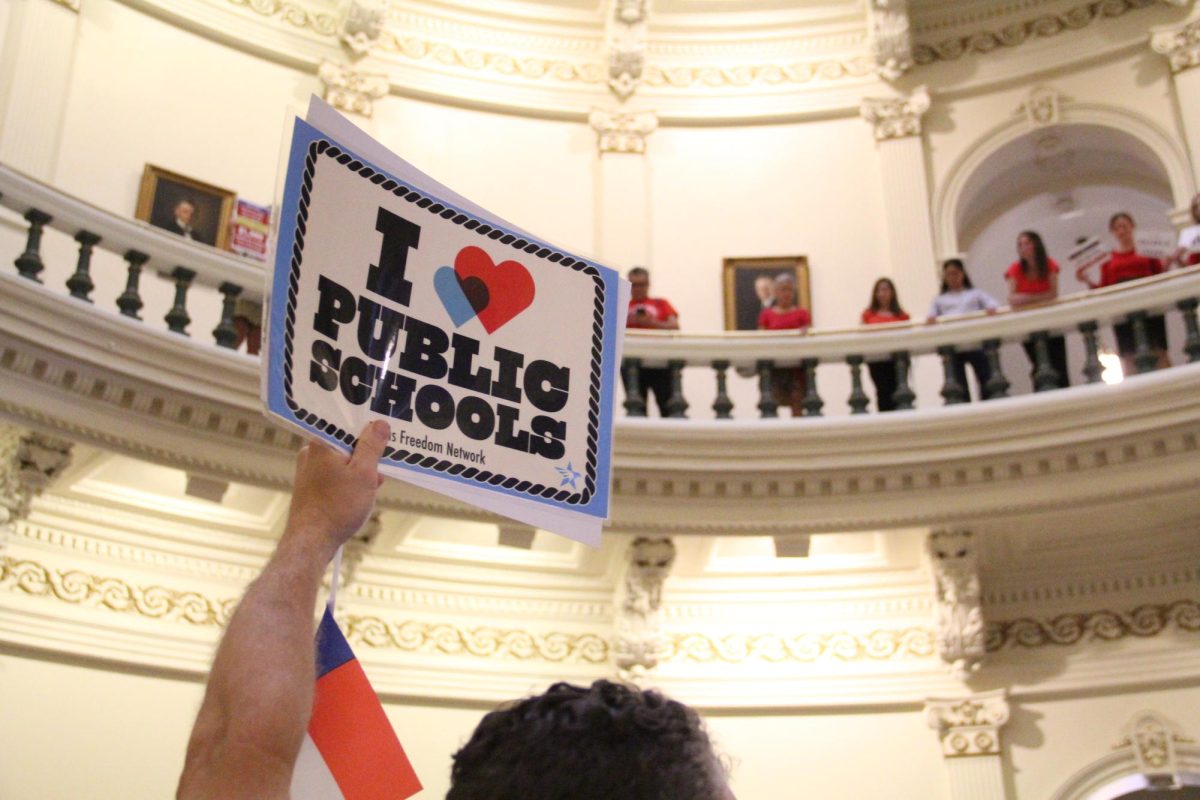

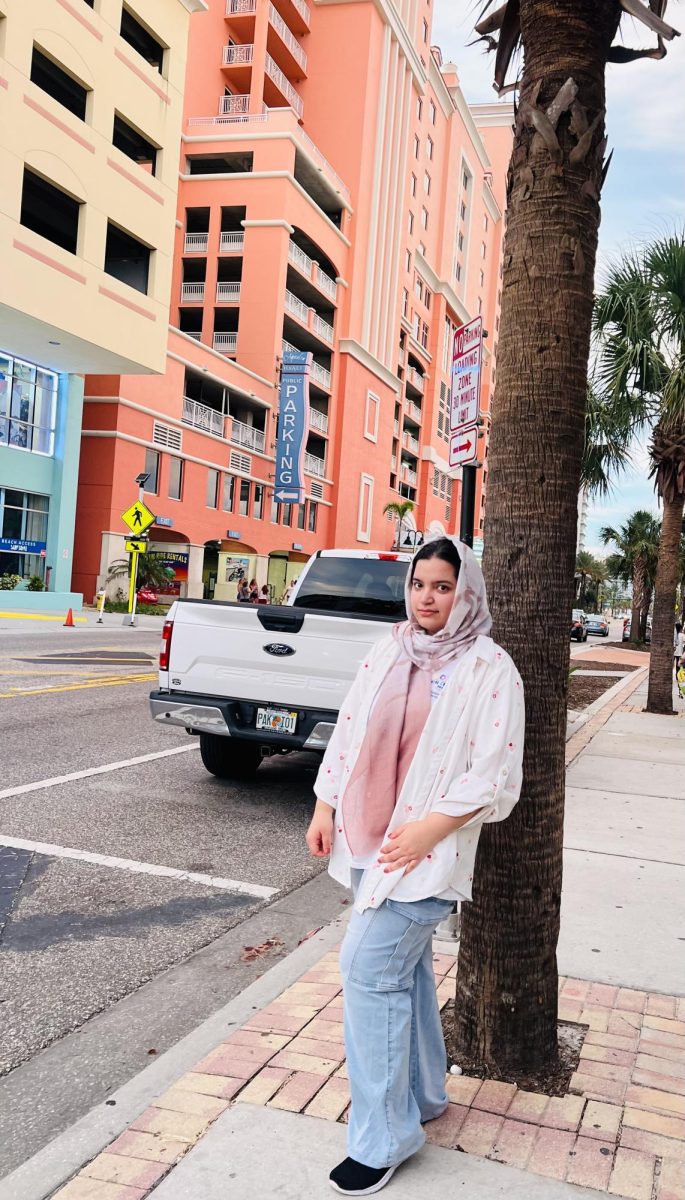
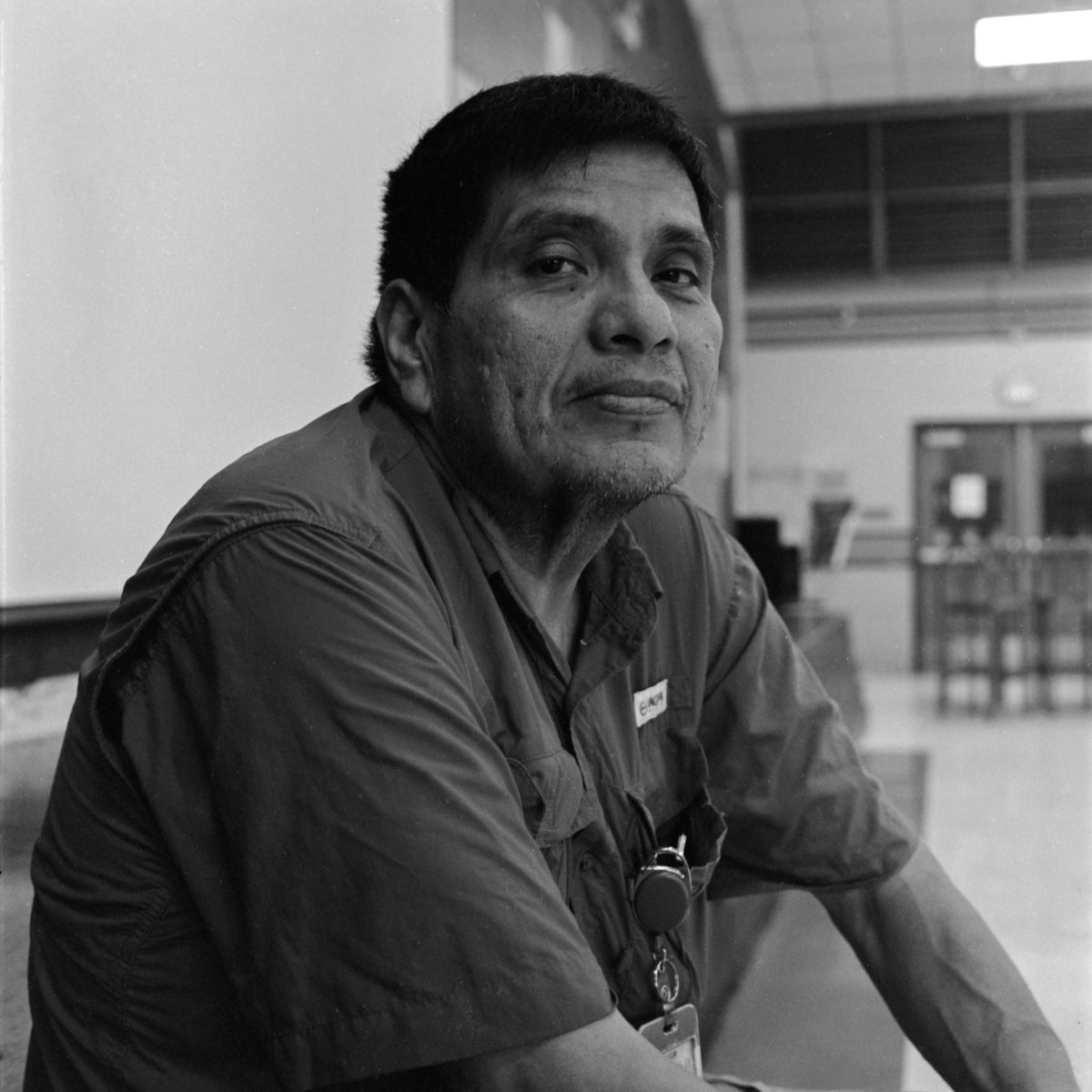
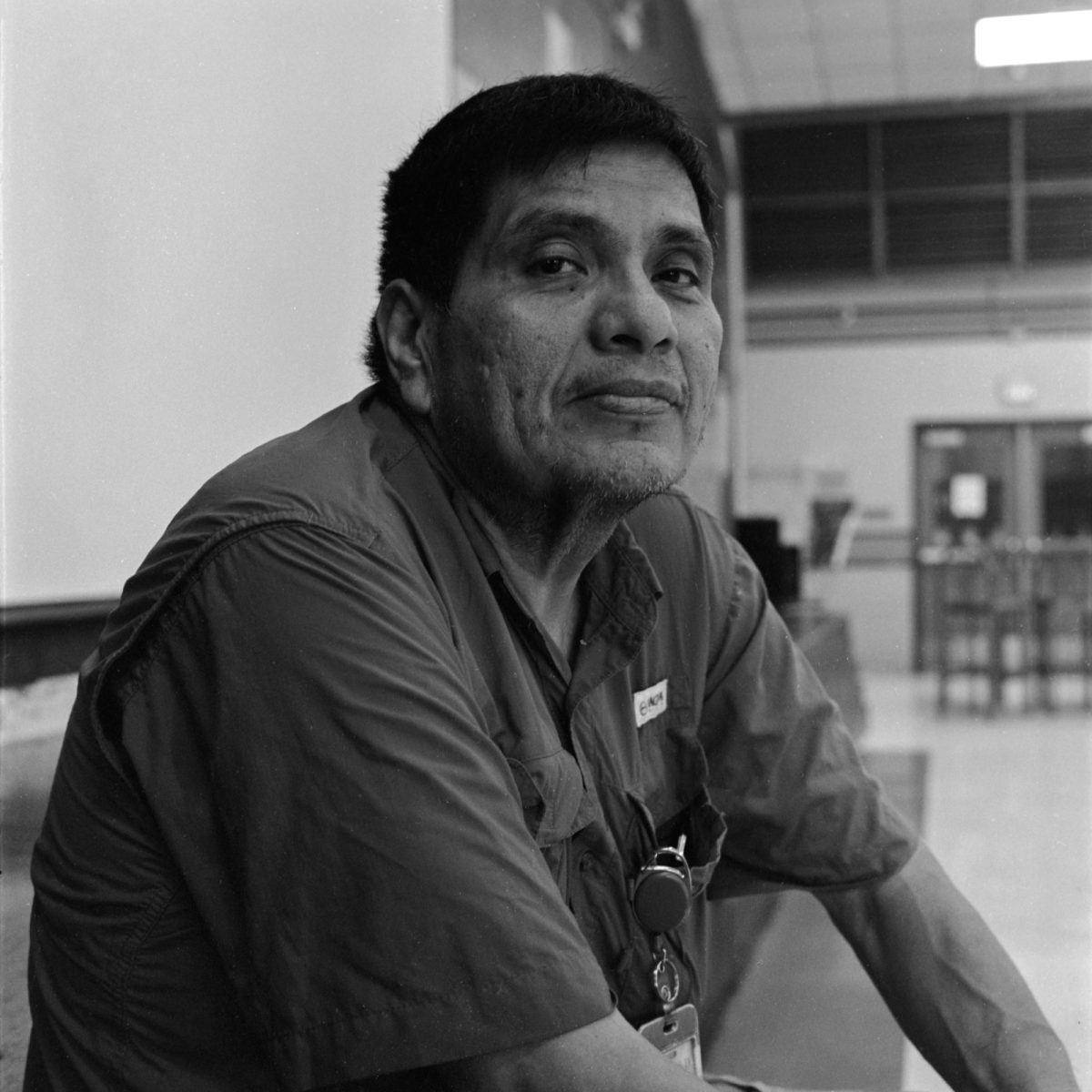
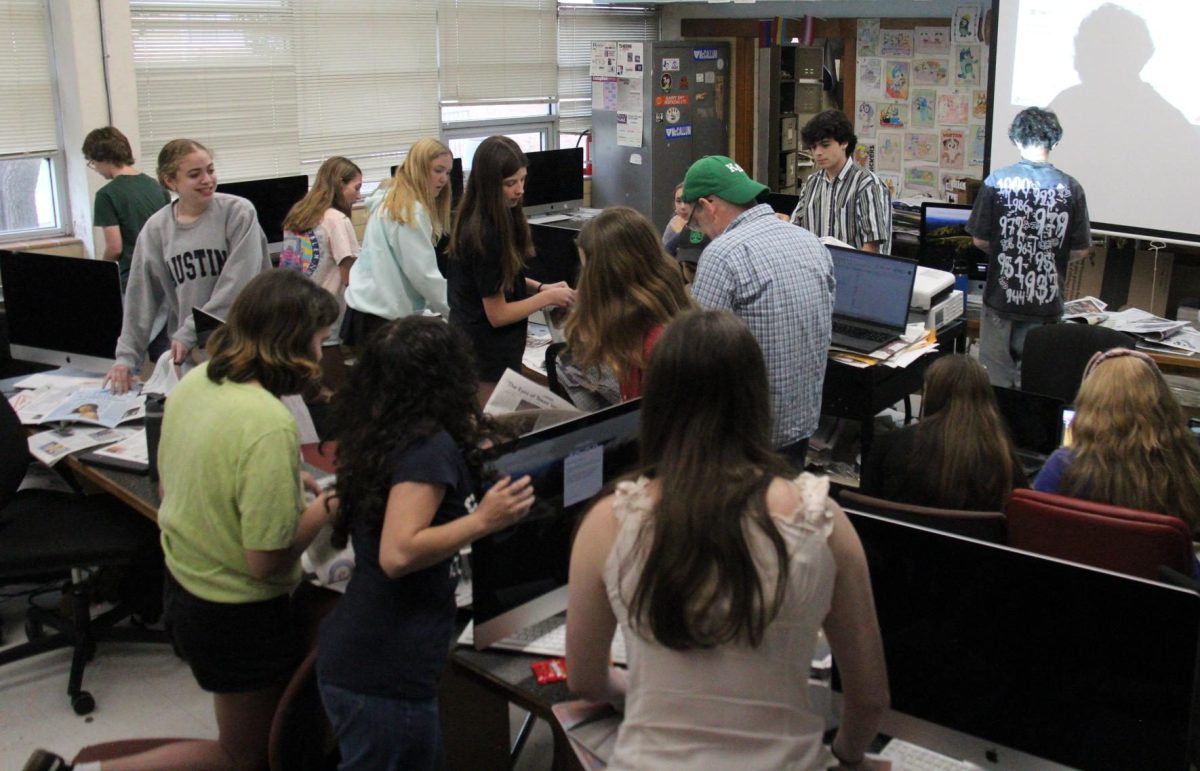
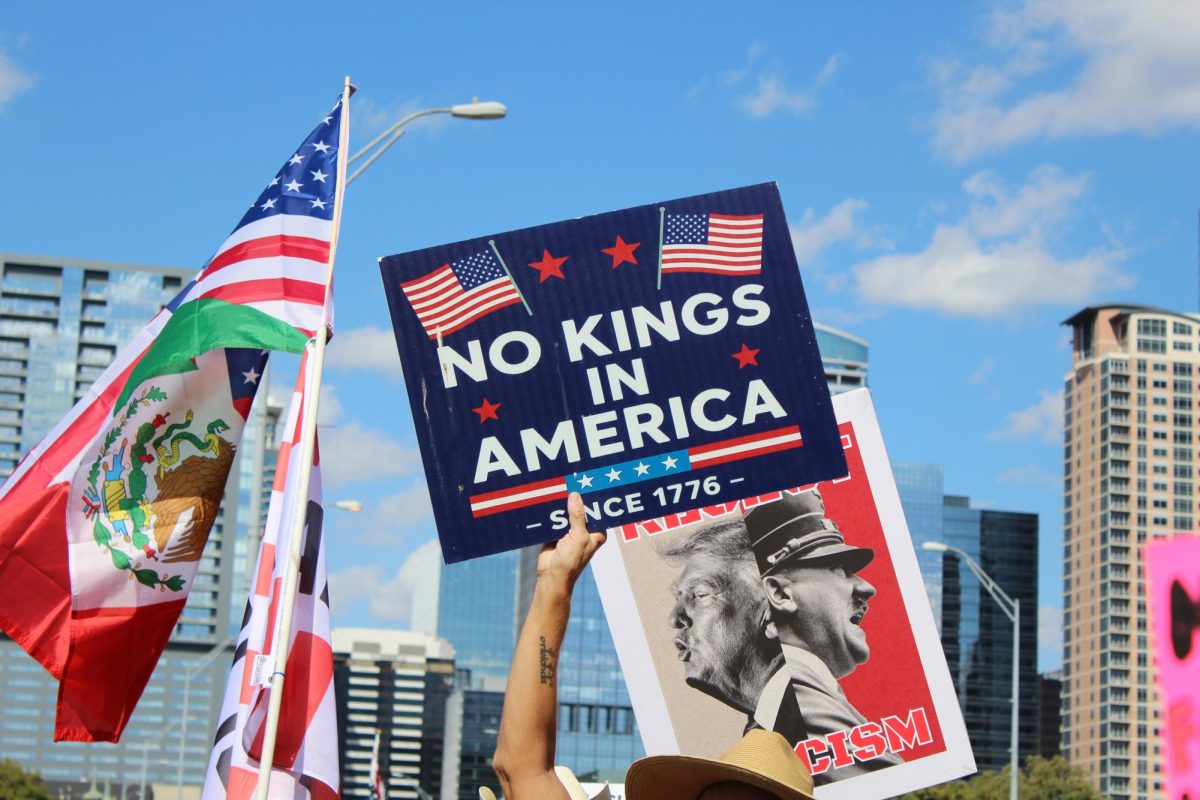
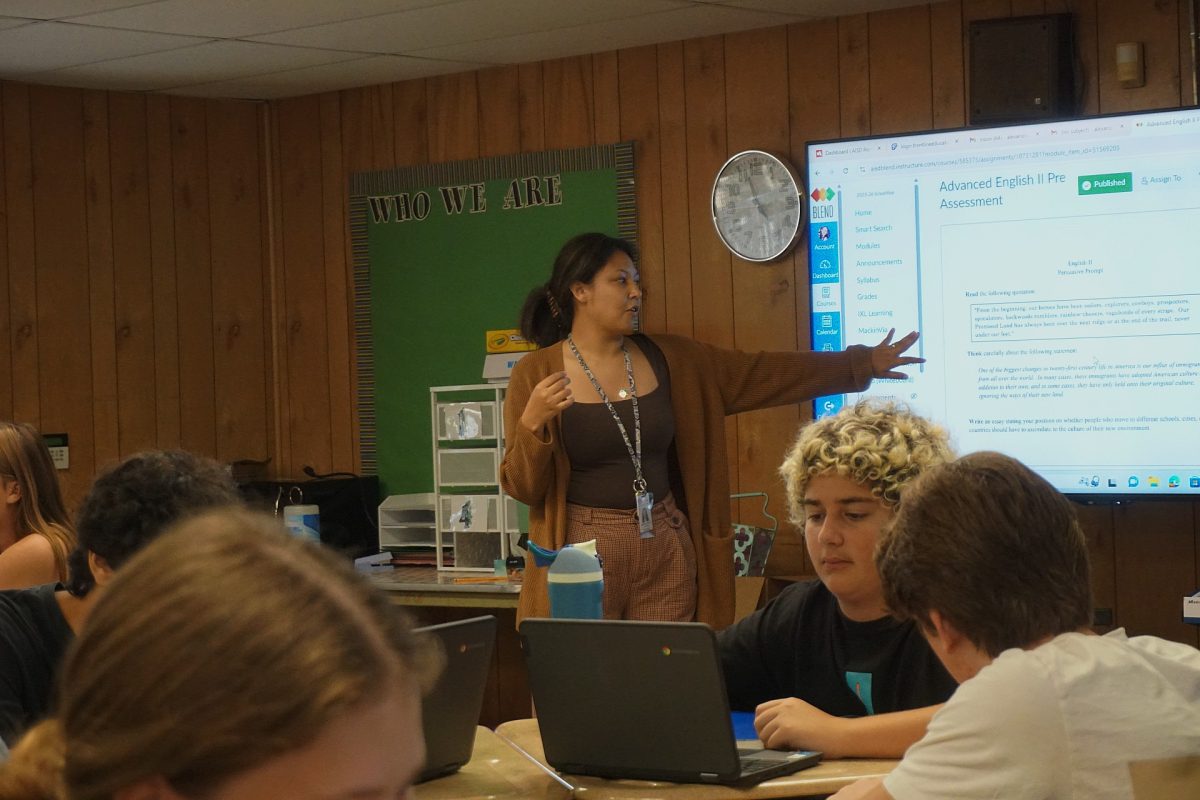
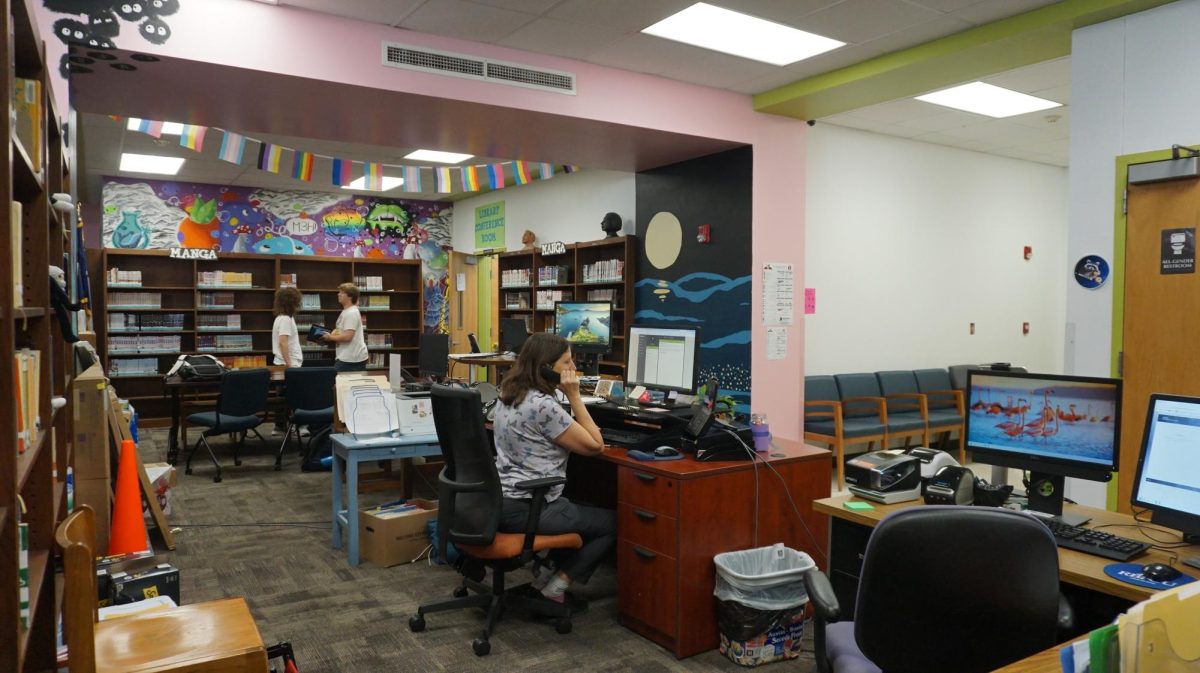



Avital • Apr 24, 2025 at 12:05 pm
Such a important story to show and share.
vance • Apr 23, 2025 at 1:34 pm
I love this story.
Jasper Williams • Apr 22, 2025 at 11:10 am
Great well written story.